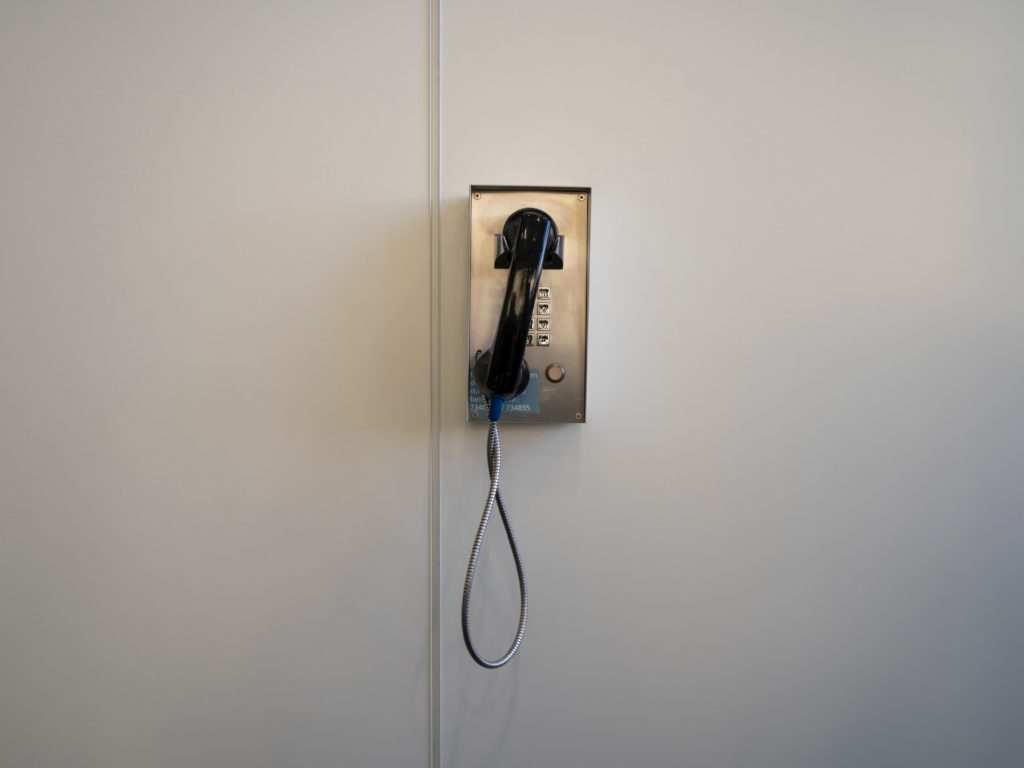
Insights
July 28, 2020What is the Dutch 30% ruling?
To attract talented employees from abroad to The Netherlands, the government implemented the 30%-ruling. This compensates the costs the employee has to make to come to The Netherlands.
What does the 30%-ruling include?
An employee coming to The Netherlands for work, will have extra expenses. The employer is allowed to compensate these costs tax free. For instance expenses for:
- living when these are more expensive in The Netherlands than in the homecountry
- introductory trip
- documentation or inspections
- double housingcosts
- family visits
- Dutch language education
The employer can choose to compensate the actual expenses or they can choose to pay the employers a 30% tax free salary. Usually the latter option is chosen because it’s much easier in administration.
Conditions 30% regulation
Not every employee coming from abroad can profit from the 30% ruling. They must meet certain conditions. The posed conditions are:
- The employee is attracted from abroad. This means the job contract must have been signed when the employee was still living abroad.
- There must be an employment. This means you can’t use the ruling if you have a sole proprietorship (eenmanszaak). But you are allowed to use it when you are participating in a so called bv (you can compare this with a Limited). In that case you will be an employee of your own bv.
- You lived outside The Netherlands for more than 16 months and more than 150 kilometres from the Dutch border.You need a valid ordination to apply the 30% ruling.
- You have a specific expertise that is hard to find in the Dutch job market. Your salary is the measure used to determine if you meet this condition:
- When you’re younger than 30 years old your salary needs to be at least €38.347.Are you younger than 30 then your salary has to be at least €29.149 with the condition you have a master degree that’s comparable to a master degree in the Netherlands.
- You also meet the specific expertise condition if you do scientific research in The Netherlands.
Duration
The duration of the 30% regulation used to be eight years. As of 2019 the duration is shortened to five years. New applicants of the regulation can apply it for five years. For those that came to The Netherlands between January 1, 2012 and December 31, 2018 and got granted the regulation there is a transitional law. This transitional law states that the regulation stops as of January 2021 if you have applied the regulation for more than five years on that date. If you haven’t made use of the regulation for five years on that date, you are allowed to apply it until the maximum of five years are over.

30% regulation and your own company
As said before it is possible to apply the 30% ruling if you own your own company. Important to know is that there has to be a salaried employment. That’s why you can only apply the ruling if you own a so called bv (you can compare this with a Limited). In that case you are employed by your own company and you are allowed to apply the ruling. You can start a bv from abroad before you move to the Netherlands or you can start it while already being an employee in The Netherlands.
- You are living abroad
When you live abroad and want to start as an entrepreneur in the Netherlands you have to meet the conditions mentioned before if you want to make use of the 30% ruling. You need sign your job contract while living abroad. This means the bv has to be set up already. Arranging this while not yet living in The Netherlands can be a difficult procedure. We can assist you in this. - You are already living in The Netherlands
You can also use the 30% ruling when you live in The Netherlands and you’re already using the 30% regulation through your current employer and you want to become an entrepreneur yourself. In that case you have to set up a bv and become an employer of your own company.
Always take in to account the conditions of the 30% ruling. Also you need to meet the conditions of ‘gebruikelijk loon’ (competitive wage). This means you will have to pay a higher salary as a director and major shareholder than the amount required for the conditions of the 30% regulation.




